Eidos-Montréal founder on Square Enix's failures of Deus Ex, Thief, and Marvel's Avengers
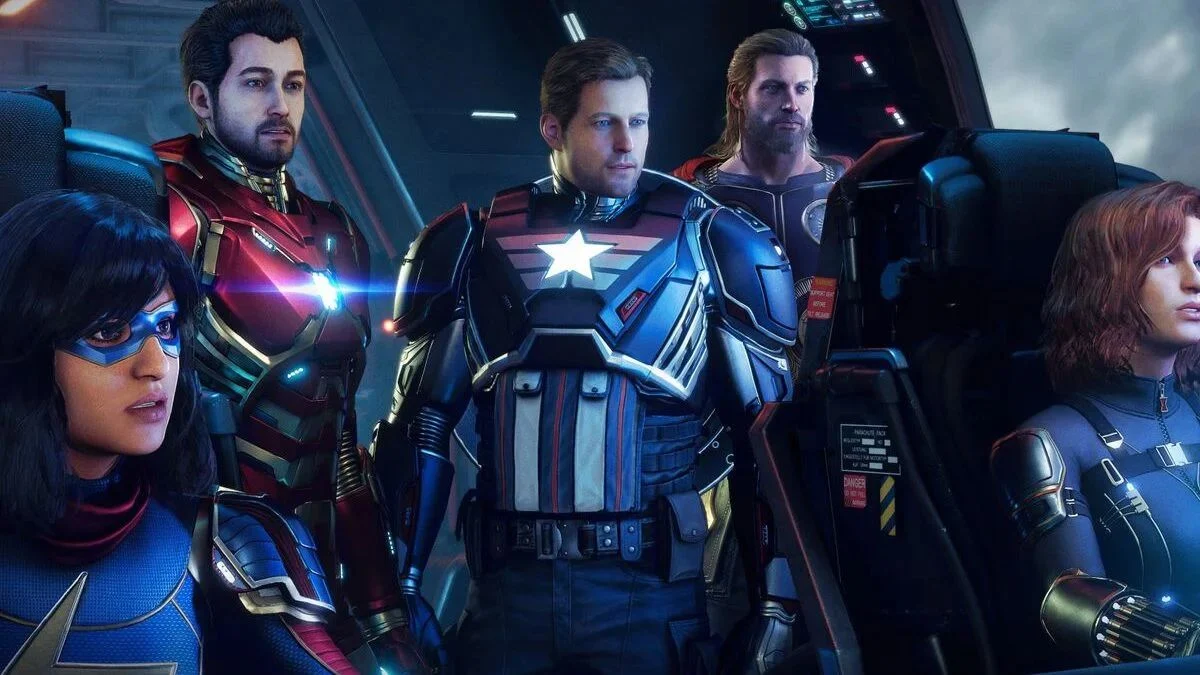
Stephane D'Astous is the founder and former general manager of Eidos-Montréal, the studio that created the latest Deus Ex, Thief and Guardians of the Galaxy. He left the company in October 2013, and now gave an interview to GamesIndustry.biz, where he shared his vision of why his team was unable to spread its wings under Square Enix control.
Why did he leave?
D'Astous says that he was not too much surprised when Square Enix decided to sell Eidos-Montréal: they said that everything was heading for something like that back in 2013:
"This development of events could have been predicted. I went because there was a lot missing in the head office. Square Enix had great development teams at Eidos, but they didn't have enough knowledge about how to sell their games. That was obvious.
Barring Tomb Raider in those years (that was a very different era), Eidos' great games and the Hitman series could have been six, seven, eight million copy projects. Deus Ex could have been one as well. Don't get me wrong, we made good numbers, but I always felt that the way Eidos sold games was too traditional and conventional. There was a lack of innovation. And so the circulation of games suffered, despite their quality.
When Square Enix bought Eidos in 2009, I hoped this would change."
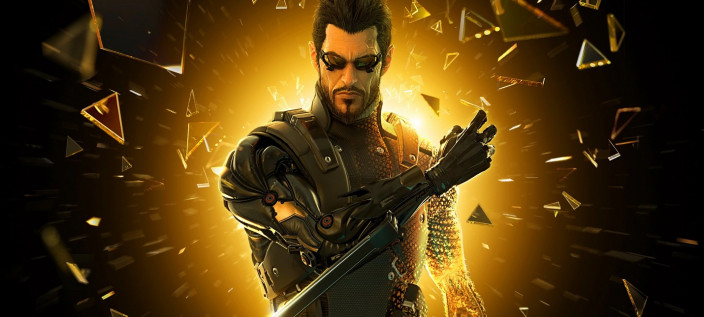
About the failure of Thief
Eidos-Montréal's first project, Deus Ex: Human Revolution, won worldwide acclaim and instantly propelled the studio into the big leagues. But Thief of 2014 was met with a cooler reception.
However, D'Astus considers Thief one of its best projects. He believes that things could have been different if the team had managed to carve out an extra nine months for production:
"We did everything we could. We had to work hard. That's life in game making. Not everything takes off. But we were close, missing a few finishing touches.
The Deus Ex team was one of the strongest I've ever had to put together. They stood one by one on the mountain. They understood the challenges ahead. With Thief, I no longer had the luxury of having a skeleton of people who had worked together before. So I hired talented people, very talented people, but they hadn't had a chance to work together before. That's probably one of the reasons why it didn't go as smoothly as it did with Deus Ex.
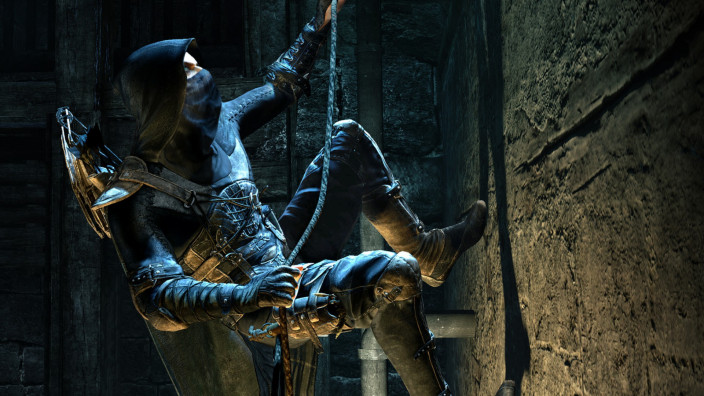
About the failure of Marvel's Avengers
In the mid-2010s, Square Enix signed on to several projects with Marvel. As we know, the result was Marvel's Avengers (weak reviews, weak sales) and Marvel's Guardians of the Galaxy (great reviews, weak sales).
"Maybe when they signed the contract, superheroes were popular. They still get a lot of attention, but are starting to get boring. Especially in games, few people have managed to release successful projects with superheroes. There's always Batman from the guys at Rocksteady. There's Spider-Man. But among all the people who have done this sort of thing, the success rate of superhero games hasn't been very good.
Maybe it was seen as the easy way out. Maybe they thought it was easier to sell a superhero game than a traditional game.
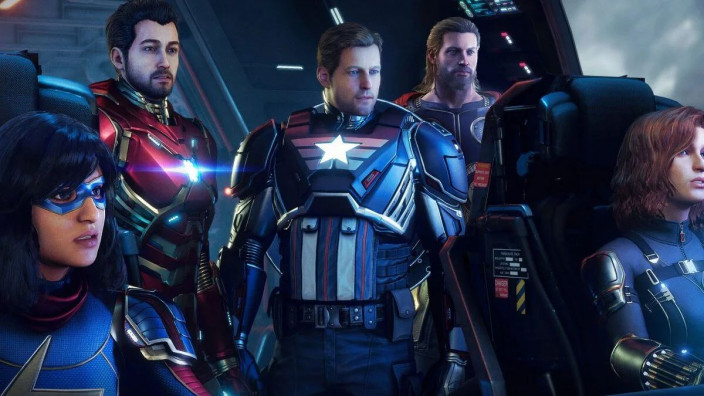
About Square Enix's unrealistic expectations
Square Enix has a reputation for always being unhappy with their game sales, even when they sell many millions of copies. Inside Eidos there were similar feelings, too: What does head office expect from them?
As D'Astus recalls, the 2012 financial report revealed that Eidos was projected to make $65 million in profits from the group, but the group only made a $65 million loss.
"We were stunned. Especially because we had no releases planned for that year."
Eidos began to worry about its fate. D'Astus tried to ask Square Enix management in London what the studio should do. But they didn't say much there.
"Tension began to build, both from my subordinates to me and from me to my superiors. I think when people are in a crisis situation, you can clearly see their values and behavior. And I didn't like what I saw. There was a great lack of leadership" , motivation and willingness to talk... And when you don't have those basic things, no employee can work properly, especially when you lead a studio.
I was losing hope that Square Enix Japan could make something big out of Eidos. I was losing confidence in my head office in London. In the annual financial reports, the Japan office always added a few phrases: "We are disappointed with certain games. They didn't meet our expectations." And by that they meant only games not made in Japan."
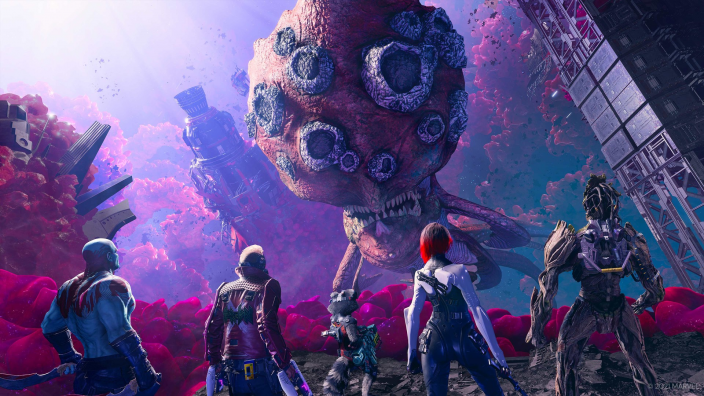
About Square Enix's Western Studios Sale
In May 2022, Square Enix announced that it would transfer Eidos-Montréal, Crystal Dynamics, Square Enix Montréal and their franchises to Embracer Group. The agreement was valued at $300 million, which for a package of such strong assets sounds like a ridiculous amount.
D'Astus is also surprised - for example, Embracer bought Gearbox for $1.3 billion:
"[Gearbox] has about a thousand employees. Eidos has about a thousand employees. [Gearbox] has Borderlands and other stuff, but Eidos has five times more franchises. So why did they give four times less for Eidos? I guess few people are interested in it. Unfortunately, it's a sign of how sick Eidos potential is.
To me, it was like a train wreck in slow time. You could tell the train was moving the wrong way. Maybe that's where the $300 million comes from. It really isn't much. It doesn't make any sense.
D'Astus doesn't know how much Square Enix's Japanese office is to blame for Eidos' wobbly state, but claims that "some of the bad decisions definitely came from London."
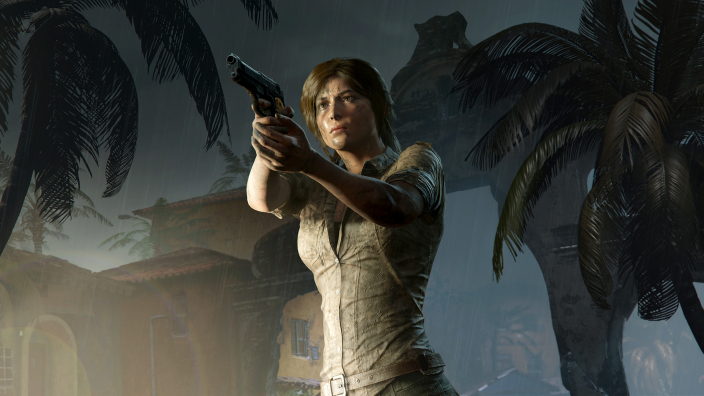
On the future of Eidos as part of Embracer
D'Astus is cautious in his assessment of how things will go for Eidos under the Embracer wing:
"I don't know what kind of Lars Vingefors manager is. Well yes, studios need some autonomy, but autonomy works well where there is a clear vision. IO knew what she was going to do. I think she couldn't achieve her goals within Eidos through head office, because without it her life was different. But I would leave groups independent if they proved they had a clear plan, know-how and a leader. I thought back to the bosses who left the three Eidos studios. I wasn't the only one who left, and for a reason.
I hope Lars evaluated everything, had detailed conversations and learned the [Eidos] plan. Because their plan in the previous ten years was clearly a failure. I don't know if the plan for the next ten years will turn out better, because the same people are still sitting there. The same players are still sitting there.
And if there's no change, the train will continue to crash."
Rumor has it that Square Enix got rid of the Western studios because Sony wants to absorb it, and Sony is only interested in Square Enix's Japanese branches. D'Astus echoes these rumors and adds: if this is true, it's understandable why Square Enix sold Eidos so cheaply.